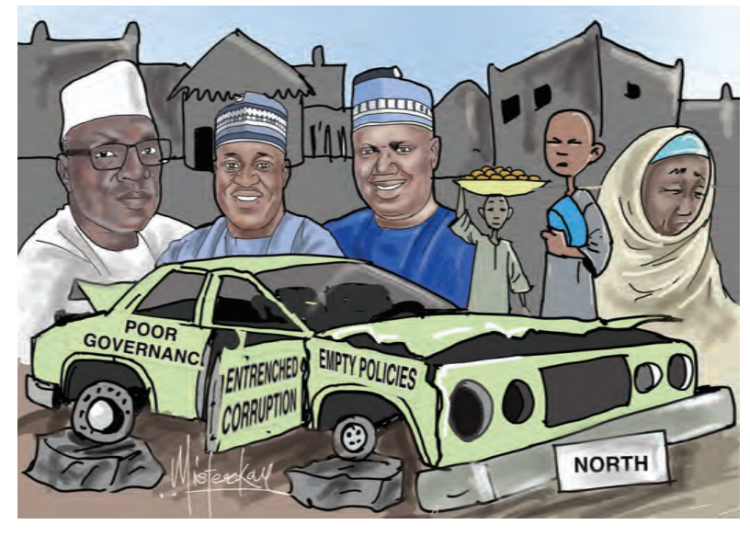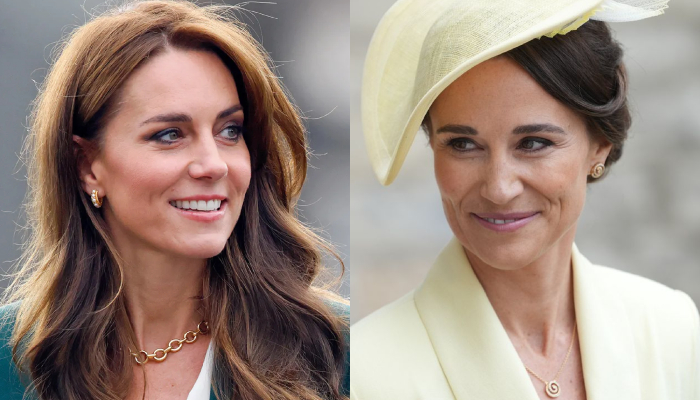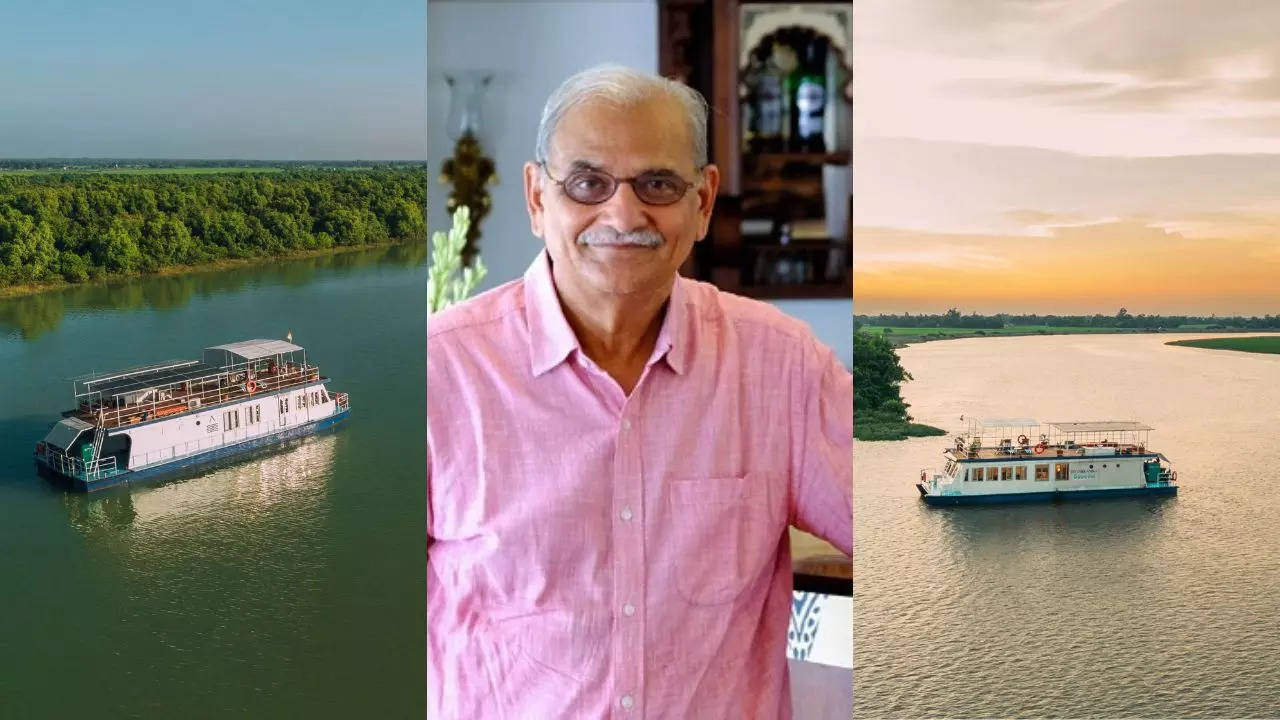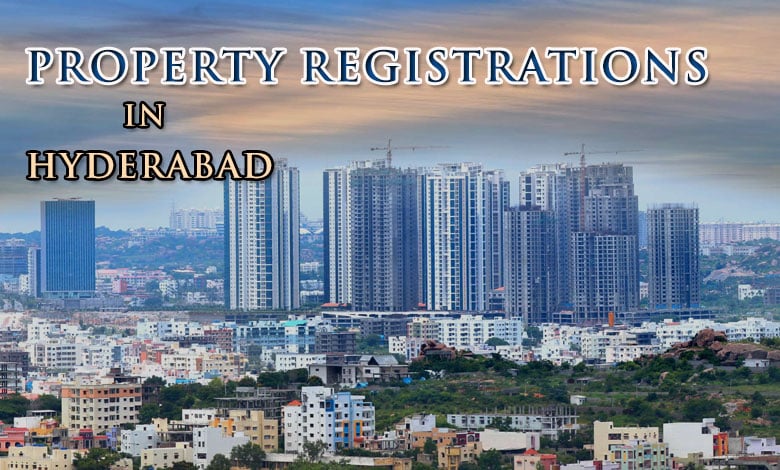The image of Northern elites discussing solutions to poverty amidst growing national wealth is not new. This paradox was spotlighted again on September 27th, 2024, during the 17th Pre-Annual General Assembly Lecture of the Ahmadu Bello University (ABU) Alumni Association. The theme, “Hunger and Economic Hardship: A Call to Return to Our Roots and Embrace Innovative Agricultural Solutions,” underscores the persistent crisis plaguing Northern Nigeria.
Senator Aliyu Sabi Abdullahi, Minister of State for Agriculture, expressed concern over the region’s deepening poverty despite Nigeria’s 19% increase in GDP per capita. Yet, instead of offering fresh solutions, the Senator’s remarks echoed familiar rhetoric—blaming the past while sidestepping his own role in the region’s failures. Represented by Prof.
Garba Hamidu Sharubutu, the Executive Secretary of the Agricultural Research Council of Nigeria (ARCN), Senator Abdullahi admitted that Northern Nigeria’s poverty has worsened despite the region’s political dominance. He acknowledged abductions and school closures across six northern states in 2021, as UNICEF’s statistics highlighted. But beyond statistics, where is the accountability? It’s unsettling that those who have held power for decades, including the Senator, now decry the region’s problems, conveniently forgetting their prolonged role in its dysfunction.
This portrayal of Northern poverty isn’t new. Politicians and intellectuals have lamented the re.


















